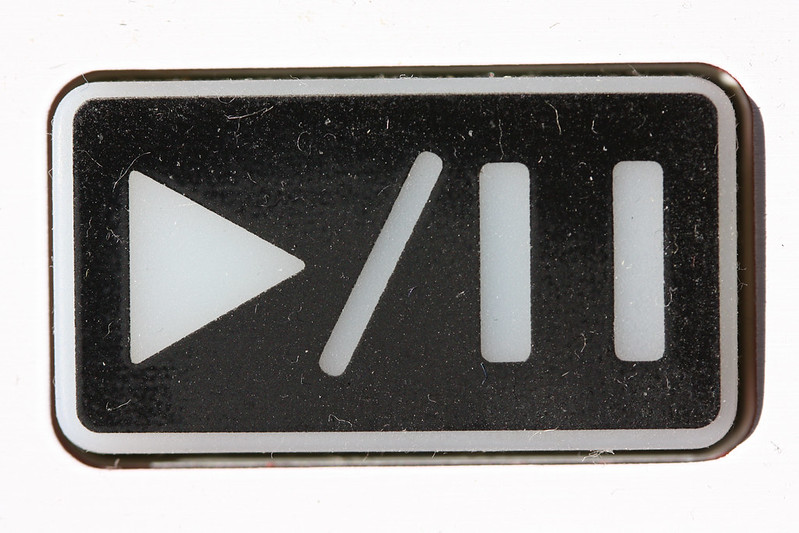
The annual J.P. Morgan HealthCare Conference is a time many biotechs use to unveil pipeline developments, and Denali Therapeutics used its presentation time to make a notable one: Partner Takeda Pharmaceutical exercised its option to co-develop an Alzheimer’s disease drug candidate that’s on its way to its first test in humans. But the day after that announcement, the FDA notified the company that its application to proceed with the study is on hold.
Denali disclosed the clinical hold on Thursday. The company provided no additional details, and it probably doesn’t have any. According to South San Francisco-based Denali, the FDA’s notification came via email Wednesday evening, and it said that a formal letter would be sent within 30 days.
When clinical holds happen, they’re typically precipitated by a patient injury or risk observed while a study is underway. However, the FDA can also place holds on investigational new drug applications still under review. This step can mean that the agency has some questions or wants more detail about some aspect of the clinical trial plans. In the case of a therapy that crosses the blood-brain barrier to deliver a therapeutic payload, the FDA probably has more than a few questions.
Denali calls its drug delivery technology “transport vehicle,” or TV. A TV drug works by binding to certain receptors found in brain capillaries, leveraging them to transport a therapeutic drug cargo across the protective barrier and into the brain. The vehicles that comprise these drugs can be antibodies, enzymes, proteins, or oligonucleotides. The FDA has encountered Denali’s TV technology before, having cleared the company to begin clinical testing in Hunter syndrome, an enzyme deficiency. The Hunter syndrome drug, DNL310, is an enzyme TV currently being evaluated in a Phase 1/2 study.
The Denali partnership with Takeda began in 2018. Denali granted the Japanese pharmaceutical giant the option to share in the development and potential commercialization of drugs that use the biotech’s blood-brain barrier delivery technology to treat neurodegenerative disorders. In addition to a $40 million upfront payment, Denali could receive up to $75 million in total milestone payments for the three programs covered under the agreement. Two months ago, Takeda exercised its option on one of them, a drug candidate in development for frontotemporal dementia. The announcement made during JPM was for DNL919, a drug that penetrates the brain to treat Alzheimer’s disease.

A Deep-dive Into Specialty Pharma
A specialty drug is a class of prescription medications used to treat complex, chronic or rare medical conditions. Although this classification was originally intended to define the treatment of rare, also termed “orphan” diseases, affecting fewer than 200,000 people in the US, more recently, specialty drugs have emerged as the cornerstone of treatment for chronic and complex diseases such as cancer, autoimmune conditions, diabetes, hepatitis C, and HIV/AIDS.
DNL919 is an antibody drug and it’s the most advanced of the antibody TV programs in Denali’s pipeline. The biotech designed this drug to activate TREM2, a protein that plays a role in the growth and development of several immune cells of the central nervous system. The goal of the drug is to normalize the function of one particular immune cell: microglia. Mutations to TREM2 are associated with an increased risk for Alzheimer’s disease. By modulating TREM2 signaling, Denali’s drug is intended to normalize the function of microglia, which in turn could have an effect on Alzheimer’s.
In mouse studies, Denali has reported that its antibody TV for TREM2 demonstrated higher uptake into the brain and impact on microglia compared to TREM2 antibodies. At JPM, Denali executives said they hoped to start a Phase 1 test in the first half of this year and report safety and biomarker data in the second half. The clinical hold makes that timeline uncertain.
Denali isn’t the only biotech developing TREM2-targeting antibodies for neurodegenerative disorders. The biotech trails its South San Francisco neighbor, Alector, which has reached Phase 2 testing in Alzheimer’s disease under a partnership with AbbVie. Meanwhile, Vigil Neuroscience raised $98 million from its IPO last week, cash that will be used to advance to the clinic with an antibody for the rare disorder adult-onset leukoencephalopathy with axonal spheroids and pigmented glia. Vigil licensed its TREM2-targeting assets from Amgen.
Photo by Flickr user Dominick Guzzo via a Creative Commons license













